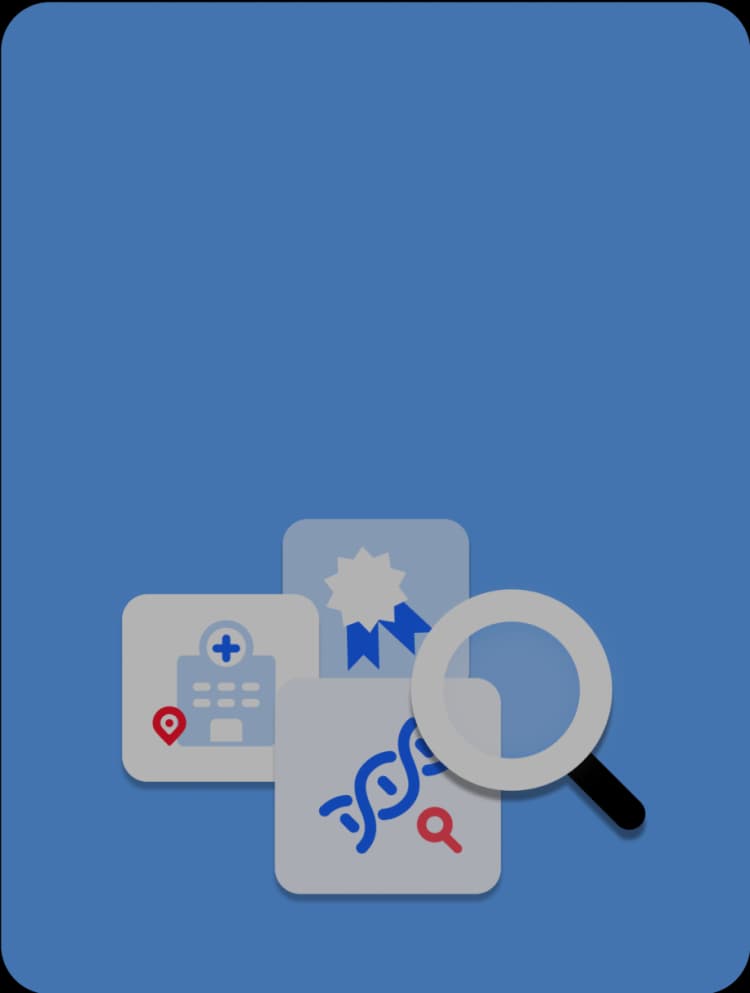Can Genetic Testing Help Diagnose Autism (ASD) More Accurately?
Whole Exome/Genome Sequencing for autism
Whole exome sequencing (WES) and whole genome sequencing (WGS) are state-of-the-art genetic testing methods that have grown in relevance for understanding the genetic underpinnings of Autism Spectrum Disorder (ASD).
Autism is a highly heterogeneous disorder with numerous potential genetic contributors. Traditional genetic tests may miss many of these contributors. WES and WGS offer a comprehensive look at the genes or the entire genome, increasing the likelihood of identifying relevant genetic changes.
While older genetic tests might identify a known genetic cause in a small percentage of individuals with autism, studies have shown that WES and WGS have a higher diagnostic yield, potentially identifying a genetic cause in a larger fraction of individuals tested.
Also, some research suggests that “de novo” mutations, which are not inherited from either parent but occur spontaneously in an individual, play a role in autism. WES and WGS are more likely than other genetic tests to identify these kinds of mutations.
On a broader scale, as more individuals undergo WES or WGS, researchers can gather more data about the genetic causes of autism, which can potentially lead to new discoveries about the disorder. This can further our understanding of the biological mechanisms of autism and guide the development of new therapeutic approaches.

Limitation of genetic testing for autism
Despite these advantages, it’s crucial to understand that WES and WGS also come with challenges, such as the identification of “variants of unknown significance” (VUS). These are genetic changes where it’s unclear if they have any clinical relevance, and interpreting these findings can be challenging. Furthermore, even with these advanced tests, many individuals with autism will not receive a clear genetic diagnosis, underscoring the complexity of the disorder.
Some genetic variations such as repeat expansions, might be challenging to detect with standard WES/WGS techniques. They might miss deep intronic mutations, certain types of structural variations, or other nuanced genetic alterations.
So all of these tests should be upgraded to increase diagnosis rates. It’s also important to note that it should be accompanied by complementary tests. You can learn more details in the articles below.
- Why genetic testing company should upgrade their whole exome sequencing?
- Meet the Enhanced Whole Exome Sequencing (WES) with Improved Coverage
As our understanding of the genetic underpinnings of ASD grows, it’s expected that more genetic causes will be identified. With advances in technology, the costs of comprehensive genetic tests like whole-genome sequencing may decrease, making them more accessible. Integrating genetic findings with other types of data, like brain imaging or behavioral assessments, might provide a more holistic understanding of ASD.
If you are specifically interested in the most comprehensive ASD genetic testing, learn more about our services with an brochure exclusively for healthcare providers! You can also get a quote directly.
Get exclusive rare disease updates
from 3billion.

Sree Ramya Gunukula
Marketing Leader with experience in the pharma and healthcare sectors, specializing in digital health, genetic testing, and rare disease diagnostics.







